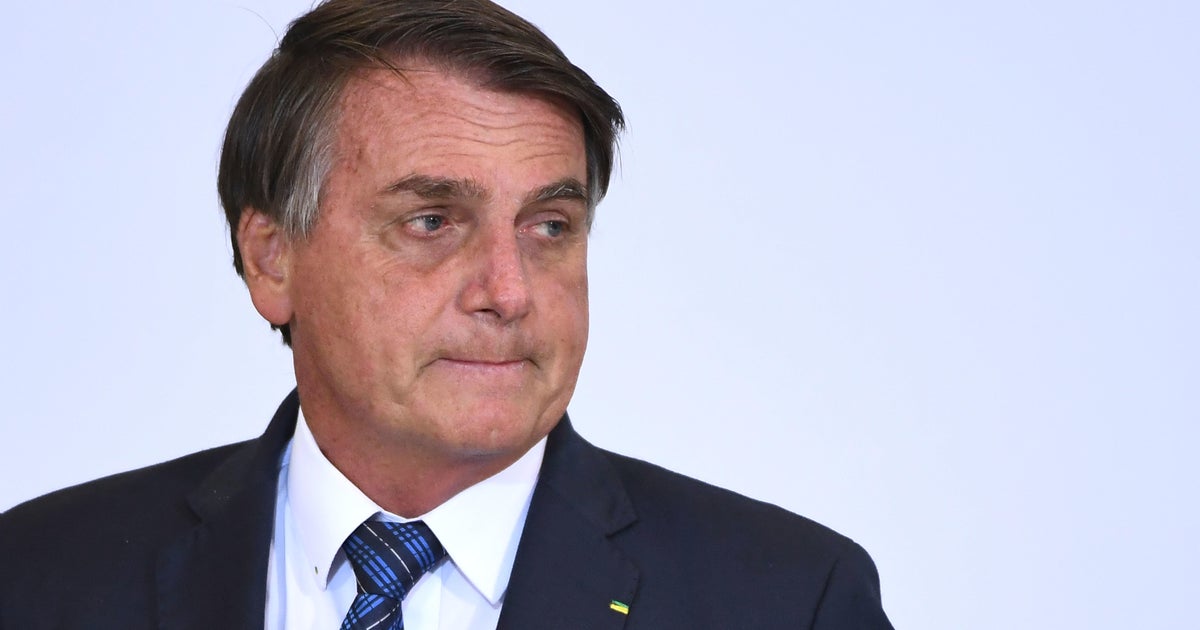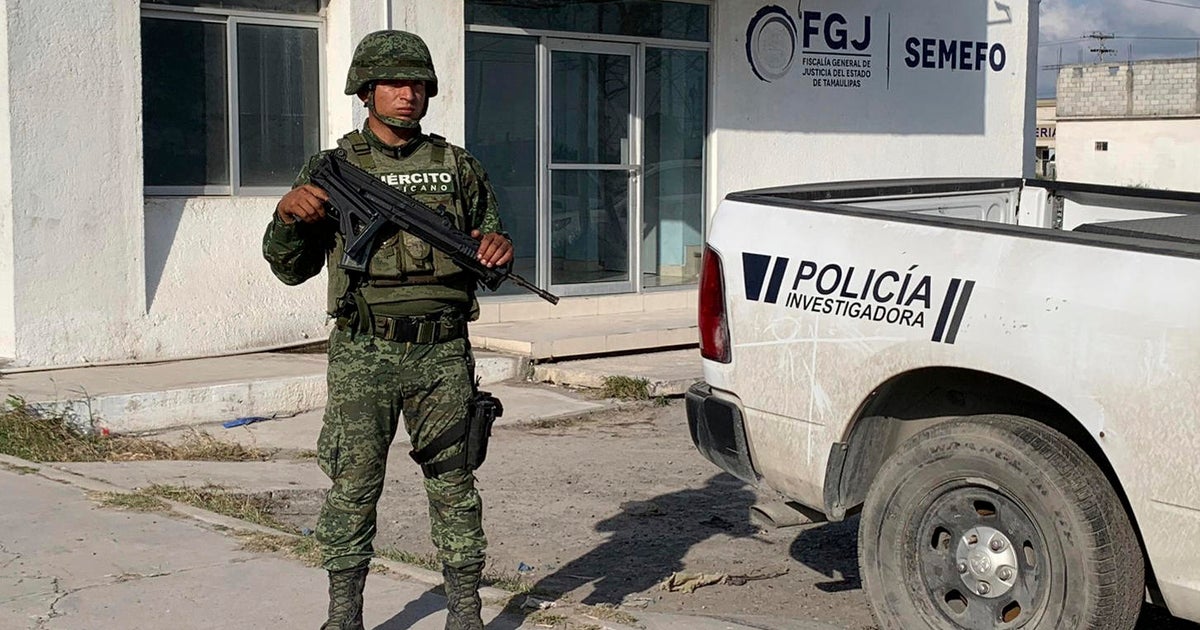Myanmar protesters undeterred by deadliest day of military's post-coup crackdown
Exactly one month after Myanmar's military junta staged a coup against the country's democratically-elected leaders, including 75-year old Nobel laureate Aung San Suu Kyi, thousands of anti-coup protesters hit the streets again in angry defiance on Monday. They did so despite the deadliest day of police aggression: On Sunday, Myanmar's security forces killed at least 18 people, according to the United Nations.
In Yangon, the country's most populous city and former capital, some demonstrators threw Molotov cocktails at police. Others snuffed out smoking tear gas canisters fired by security forces. Videos posted to social media showed several people with bullet wounds being rushed away from protest sites to waiting ambulances in the southeastern town of Dawei.
CBS News Asia correspondent Ramy Inocencio said one video showed one man whose limp body was bundled into an ambulance amidst shouting onlookers after a bullet pierced both his back and stomach.
U.S. Secretary of State Antony Blinken reiterated the Biden administration's support for the protesters in Myanmar, which is also known as Burma, in a tweet, saying the White House condemned the security forces' "abhorrent violence against the people of Burma & will continue to promote accountability for those responsible."
"We stand firmly with the courageous people of Burma & encourage all countries to speak with one voice in support of their will," said the top U.S. diplomat.
On Monday, the country's top civilian leader Suu Kyi, appeared in court via videoconference. It was the first time the public has seen her since her arrest on February 1. The pro-democracy icon was charged with two new offenses on Monday in what critics interpret as a clear attempt to sideline her from power forever: one allegation linked to inciting civil unrest, another to violating communications laws.
She had earlier been charged with illegally possessing six walkie-talkies and violating a law linked to coronavirus social distancing.
In his first interview with a U.S. television network, Suu Kyi's lawyer told CBS News the junta's charges were purely political.
"Without any restraint I can say that it is politically motivated... to erase her from the political scene of the country," Khin Maung Zhaw told Inocencio.
Asked if he feared Suu Kyi could spend the rest of her life in prison, Zhaw replied: "I don't fear about this because if she was kept in prison and kept until the end of her life, she will be a martyr. Up to now, she is a hero… a heroine. When she dies in sacrifice then she will become a martyr. A martyr is more dangerous."
She would not be alone.
Memorials have already started to rise where pro-democracy protesters fell over the weekend. Families and friends have started to hold funerals which may serve to catalyze even more anger against Myanmar's military — which hundreds of thousands of people would like to see buried instead.
If the junta does hold onto power, Suu Kyi's lawyer said that Myanmar's democratic "failure" would "not be a nuisance to the world, but a danger to the world."
"So to erase that danger, we ask every country of the world to help push forward a civilian government in this country."



